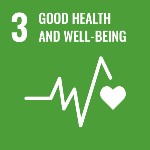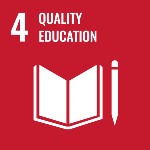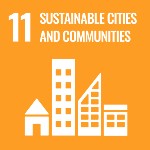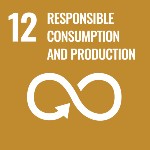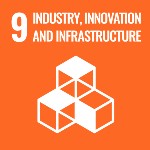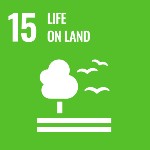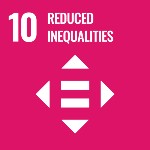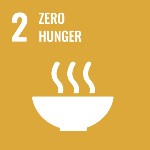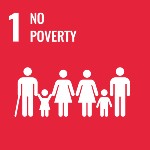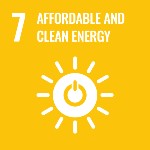Interactive Map
Use the map below to find your local libraries activities.
Community Garden
These vibrant green spaces, throughout the Victorian Public Library network, offer a unique oasis for passionate gardeners. The gardens foster a sense of community as individuals of walks of life come together to nurture and grow produce. Patrons actively engage in hands-on gardening experiences providing fresh produce but also promoting education about gardening techniques, ecological systems and the importance of sustainable food sources. Through workshops, classes and community events the gardens become vibrant hubs for learning and sharing knowledge.
Community lunches
Community lunches are inclusive events that promote community engagement. The lunches bring people together to share a meal and foster social connection. Community lunches at the library incorporate locally sourced, seasonal ingredients, these meals promote sustainable food productions and responsible consumption. The libraries acting as host collaborate with local organisations, food banks or community groups to organise these free events that may be prepared using good food that would otherwise end up in landfill. The lunches aim to address food insecurity and promote social interaction. Community Lunches contribute to creating a resilient, healthy and connected community. They are an opportunity for individuals of all ages and backgrounds to come together, share stories and build relationships.
Community Pantry
Community pantries provide a lifeline for individuals and families facing food insecurity. The shelves are stocked with non-perishable items and essential supplies. The community pantry offers a discreet and accessible way for community members to access the necessities they require. Staff and volunteers play a crucial role maintaining the pantries ensuring they are replenished and well stocked to meet the ongoing demand as they become a reliable resource for those in need. Patrons are encouraged to donate non-perishable food items and essential items to support their neighbours. Through the collective effort the pantries promote empathy, kindness and community resilience with the spirit of generosity.
E-Waste Bins
E-waste bins have been strategically placed at libraries across the state. They provide a convenient and responsible disposal option for electronic waste and items not accepted in council waste. By safely managing the e-waste, the bins reduce the harmful impacts associated when these items end up in landfill. Old phones, laptops, tablets and electronic gadgets seep hazardous chemicals when improperly disposed of. Library staff and partners ensure that the collected waste undergoes proper recycling processes, recovering valuable materials. The bins raise awareness and educate the community about the importance of recycling.
Energy Saver Kits
Measuring your energy and water use can help you identify changes to make around the house to reduce your bills and your impact on the environment. Many library services have begun loaning out equipment kits that allow their borrowers to do just that. Designed to help individuals and households reduce their energy consumption and lower utility costs. These energy saver kits have been catalogued and are available to borrow for free just like any other library item. These innovative kits can contain a comprehensive collection of resources, including books, manuals, and guides along with practical tools such as energy monitors and digital thermometers to gauge heat loss. With the kits community members can learn and make changes to their energy consumption contributing to a more sustainable future.
Library of Things
The library extends beyond books and embraces a vast array of useful items. This initiative is unique to each library, providing the community to borrow a diverse range of objects. Transforming the library into a hub of shared resources. From tools and electronics to kitchen appliances and party supplies to children’s toys and hiking equipment. The concept expands access to items that might otherwise be unaffordable or underutilized. By borrowing rather than buying patrons not only save money but also promote sustainable consumption and reduce waste. Providing an opportunity for skill building, or to experiment with a new hobby. All the Library of Things across Victoria exemplify the collaborative spirit of the community offering the shared pool of resources.
Please get in contact with your closest library to discover what their Library of Things consists of.
Plant and Produce Swap
Plant and produce swaps have become popular events bringing together enthusiastic gardeners and home chefs to share their harvest. Participants can swap their excess fruits, vegetables, herbs or potted plants. From heirloom tomatoes to fragrant herbs, the offerings are as diverse as the wider community. Plant and produce swaps support sustainability by reducing food waste and encouraging diverse plant varieties. The swaps provide access to fresh, locally grown produce. Through these events participants can expand their gardening knowledge, learn about different plant species and exchange tips and techniques with fellow gardeners.
Seed Libraries
Seed libraries have emerged as a valuable resource within libraries offering a diverse collection of seeds ranging from heirloom varieties to indigenous species, fostering biodiversity and preserving agricultural heritage. The seed libraries function on the basis of borrowing and returning seeds, allowing patrons to borrow seeds for their garden and replenish the library with harvested seeds at the end of the growing season. Patrons can browse through the carefully curated seed catalogue, selecting seeds that will suit their garden conditions. Promoting seed diversity, conservation and local adaption. They often focus on heirloom or open pollinated varieties encouraging sustainable gardening practices and the preservation of traditional plant species. Through workshops, educational materials and community events, seed libraries contribute to a more sustainable and resilient food system.
Is your library missing an initiative? Please contact us and let us know.
